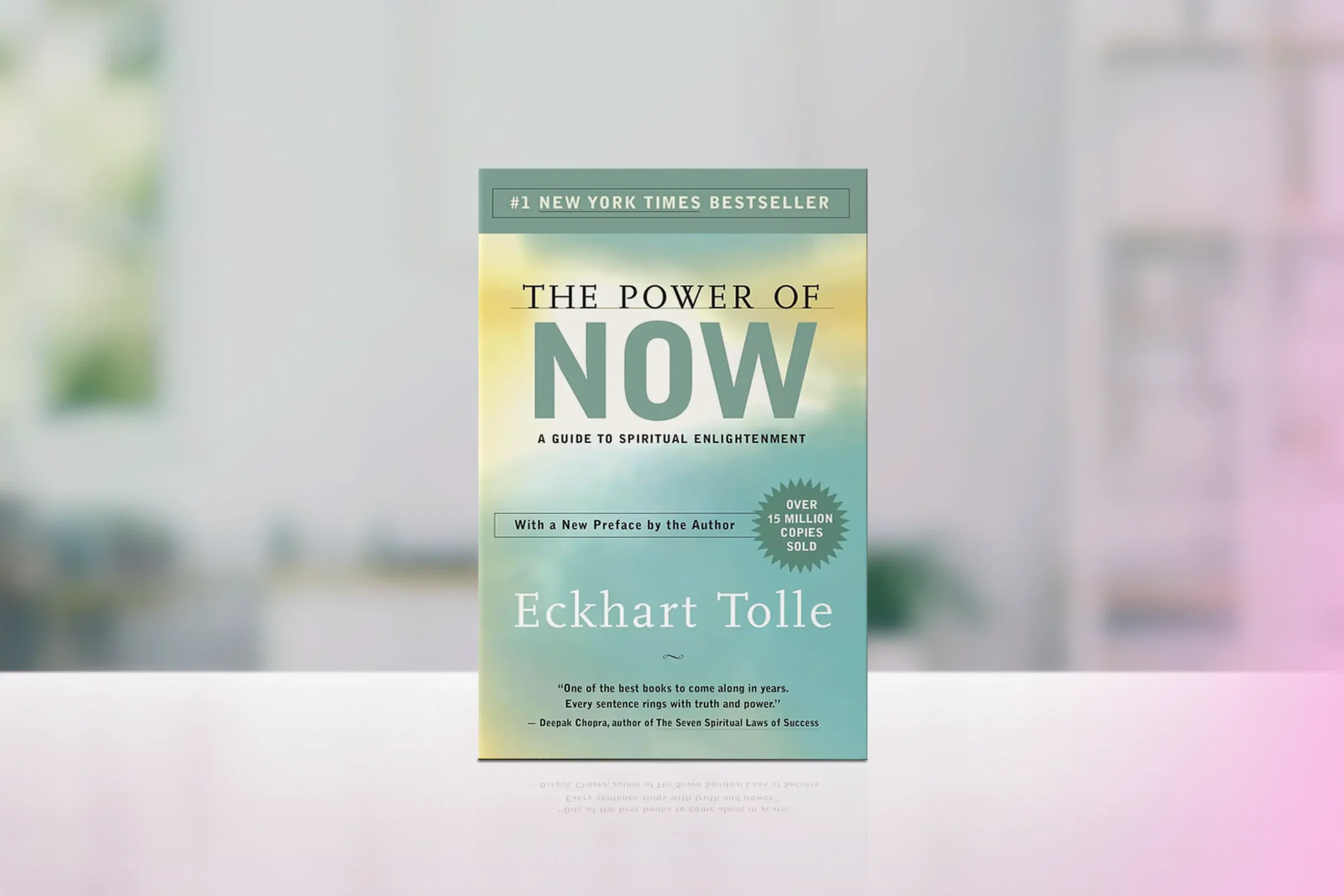Creating a sustainable wellbeing routine that nurtures both mental and physical health has become essential for thriving in today’s demanding world, where balance is no longer optional but fundamental to living a fulfilled life.
Recent studies from the World Health Organization show that over 300 million people globally struggle with mental health challenges, while physical inactivity contributes to approximately 3.2 million deaths annually. Yet, research published in the Journal of Positive Psychology demonstrates that individuals who maintain consistent wellbeing routines report 65% higher life satisfaction and show remarkable resilience in facing life’s challenges.
This comprehensive guide will help you transform your daily habits into a sustainable wellbeing routine that nurtures both mind and body. Drawing from proven strategies and current research, we’ll explore practical steps to create a personalized routine that fits your lifestyle and supports lasting positive change.
Introduction
Imagine waking up each morning feeling energized, mentally clear, and genuinely excited about the day ahead. This isn’t just a dream—it’s achievable through intentional wellbeing practices. As shared in “Breath: The New Science of a Lost Art” by James Nestor, even something as simple as conscious breathing can dramatically impact both physical and mental health. Similarly, “The Sleep Revolution” by Arianna Huffington reveals how quality rest forms the foundation of overall wellbeing.
The challenge many face isn’t understanding the importance of wellbeing—it’s creating sustainable habits that stick. A study by University College London found that it takes an average of 66 days to form a new habit, highlighting why many wellbeing initiatives fail within the first month. However, by taking a holistic, science-backed approach, you can build a routine that becomes as natural as brushing your teeth.
In this article, you’ll discover:
- How to assess your current wellbeing needs
- A framework for building sustainable habits
- Practical strategies for both mental and physical health
- Tools for tracking and maintaining progress
- Methods for overcoming common obstacles
Understanding Your Wellbeing Baseline
“Wellbeing isn’t about perfection—it’s about understanding and honoring your unique needs,” says Dr. Dan Siegel, professor of psychiatry at UCLA. Before creating your routine, it’s essential to understand where you currently stand.
Self-Assessment Framework:
- Physical Health Review: Track your energy levels, sleep patterns, and physical activity for one week
- Mental Health Inventory: Note your stress levels, emotional states, and thought patterns
- Social Connection Audit: Evaluate the quality and quantity of your relationships
- Environmental Impact: Assess how your surroundings affect your wellbeing
For a structured approach to tracking your wellbeing journey, explore our guide on “How to Create a Wellbeing Journal to Track Your Progress.” This practical resource will help you establish clear baseline metrics and monitor your growth over time.
Building the Foundation: Essential Habits
Multiple research study shows that successful habit formation starts with small, manageable changes. Let’s break down the core components of a wellbeing routine.
Morning Routine Elements:
- Mindful Waking: Start with 5 minutes of deep breathing or meditation
- Physical Movement: Light stretching or yoga to activate your body
- Intentional Nutrition: A balanced breakfast that fuels your day
Daily Practices:
- Movement Breaks: 5-minute walks every 2 hours
- Mindfulness Moments: Brief meditation or breathing exercises
- Hydration Schedule: Regular water intake throughout the day
“The Miracle Morning” by Hal Elrod offers excellent insights into creating a powerful morning routine that sets the tone for your entire day.
Mental Health Integration
Mental wellbeing forms the cornerstone of a healthy life. Dr. Kristin Neff’s research shows that self-compassion practices significantly reduce anxiety and depression while boosting emotional resilience.
Key Mental Health Practices:
- Gratitude Journaling: Document three things you’re grateful for daily
- Thought Awareness: Practice identifying and challenging negative thought patterns
- Boundary Setting: Learn to say no and protect your mental energy
Deepen your understanding of mental health practices with our guide on “The Science of Wellbeing: How Positive Psychology Can Transform Your Life.”
Physical Wellbeing Integration
Physical health directly impacts mental clarity and emotional stability. A comprehensive approach includes:
Movement Strategy:
- Daily Activity Goal: 30 minutes of moderate exercise
- Strength Training: 2-3 sessions per week
- Flexibility Work: Daily stretching or yoga
Rest and Recovery:
- Sleep Hygiene: Consistent bedtime routine
- Active Recovery: Gentle movement on rest days
- Stress Management: Regular relaxation practices
For detailed guidance on physical wellbeing, check out “Physical Wellbeing: Nutrition, Sleep, and Exercise for Optimal Health.”
30-60-90 Wellbeing Routine Plan
Success in building a wellbeing routine comes from consistent, gradual progress rather than dramatic overnight changes. This customizable 90-day roadmap breaks down the journey into manageable phases, allowing you to build habits that last while preventing overwhelm.
First 30 Days: Foundation Building
- Week 1: Implement morning routine elements one at a time
- Week 2: Establish regular sleep schedule
- Week 3: Introduce daily movement practices
- Week 4: Begin gratitude journaling
Days 31-60: Habit Strengthening
- Week 5-6: Add strength training sessions
- Week 7-8: Incorporate mindfulness practices
- Progress Markers: Track energy levels, mood, and sleep quality
Days 61-90: Integration and Optimization
- Week 9-10: Fine-tune nutrition habits
- Week 11-12: Develop social connection practices
- Success Metrics: Measure habit consistency and wellbeing improvements
Living Better
Imagine three months from now, when your wellbeing routine feels as natural as breathing. Your energy is consistent, your mind is clearer, and you handle life’s challenges with newfound resilience. This isn’t just about creating healthy habits—it’s about transforming your daily experience of life.
Remember, wellbeing is a journey, not a destination. Each small step you take builds momentum toward lasting positive change. As you begin this journey, be patient with yourself and celebrate every progress, no matter how small.
Your next step is simple: Choose one element from the 30-day plan and commit to it for the next week. Notice how this small change affects your daily life, and build from there. Your future self will thank you for starting today.
For additional support and guidance, consider joining our community of individuals committed to personal growth and wellbeing. Together, we can create lasting positive change that ripples out to touch all aspects of life.





